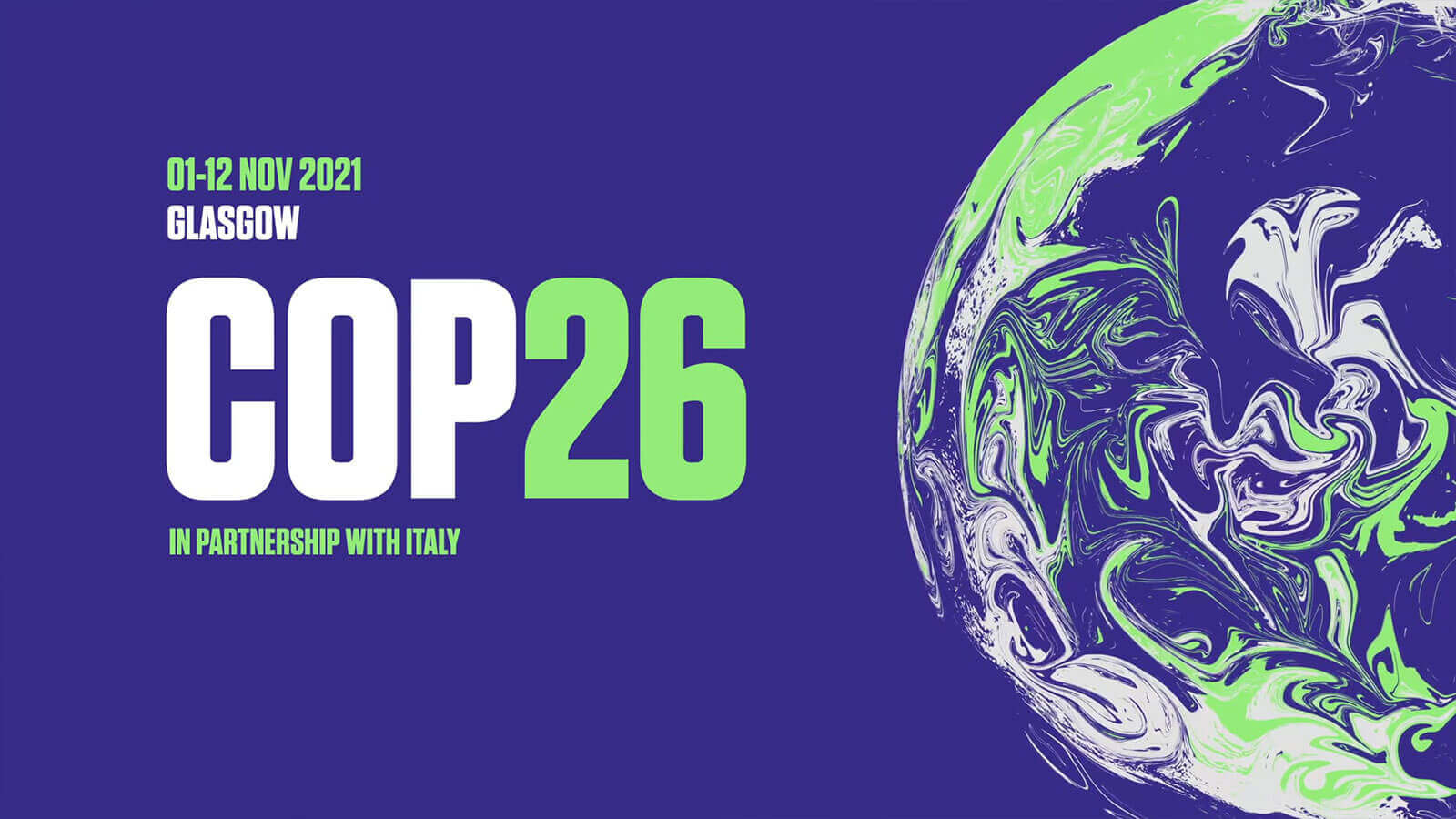Over 100 countries pledged to take steps to end deforestation.
Deforestation or forest clearance is the removal of a forest or stand of trees from land that is then converted to non-forest use.
Deforestation can involve conversion of forest land to farms, ranches, or urban use.
The most concentrated deforestation occurs in tropical rainforests.( Tropical rainforests are rainforests that occur in areas of tropical rainforest climate in which there is no dry season – all months have an average precipitation of at least 60 mm – and may also be referred to as lowland equatorial evergreen rainforest.)
Tropical rainforests are often called the “lungs of the planet” because they generally draw in carbon dioxide and breathe out oxygen. But the amount of carbon dioxide they absorb, or produce, varies hugely with year-to-year variations in the climate.

Over the last century, the forest cover around the globe has been significantly compromised, leaving the green cover down to an all-time low of about 30 percent.
According to the United Nations Food and Agriculture Organization (FAO), an estimated 18 million acres (7.3 million hectares) of forest are lost each year.
Deforestation also affects the climate in many ways. The best solution to deforestation is to curb the felling of trees by enforcing a series of rules and laws to govern it.
More than 100 world leaders including the Netherlands, representing over 85% of the planet’s forests committed on Tuesday to ending and reversing deforestation and land degradation by 2030, in the first substantial deal announced and is supported by the leaders of forested countries like Brazil, Russia, Canada, Indonesia, and Congo.
COP is short for the Conference of the Parties to the UN Convention on Climate Change, which is an event that takes place annually, though it was postponed last year because of the pandemic. World leaders do attend, but a lot of the discussions take place among ministers and other high-level officials working on climate issues.
The Netherlands, the United States, the United Kingdom, Germany, Norway, and several philanthropic institutions agreed to invest 1.5 billion euros directly into indigenous peoples to protect forests.
The high-level declaration is being seen as a key first step.














